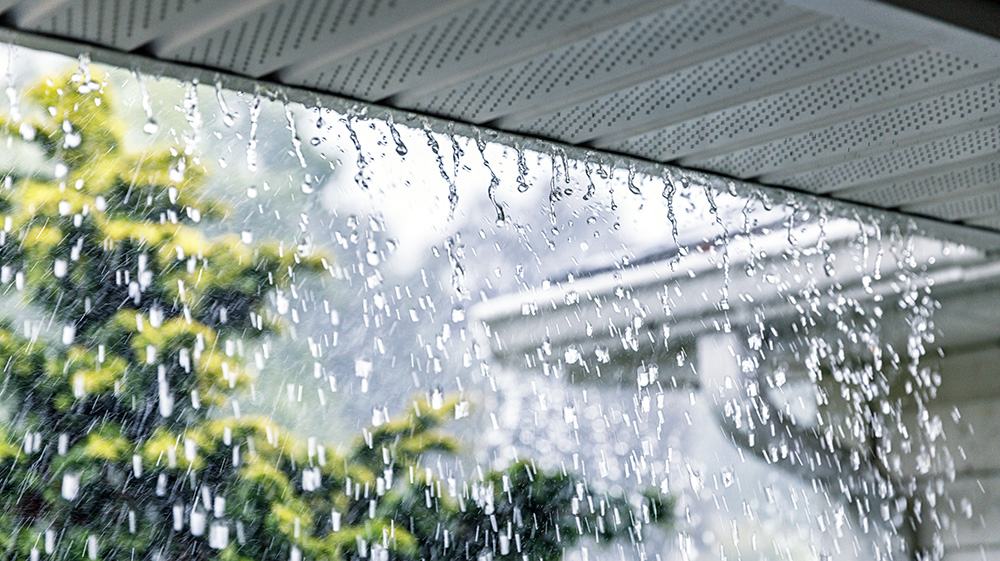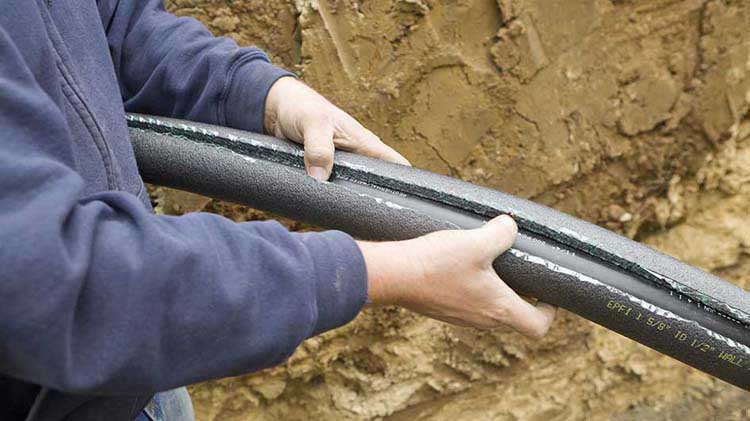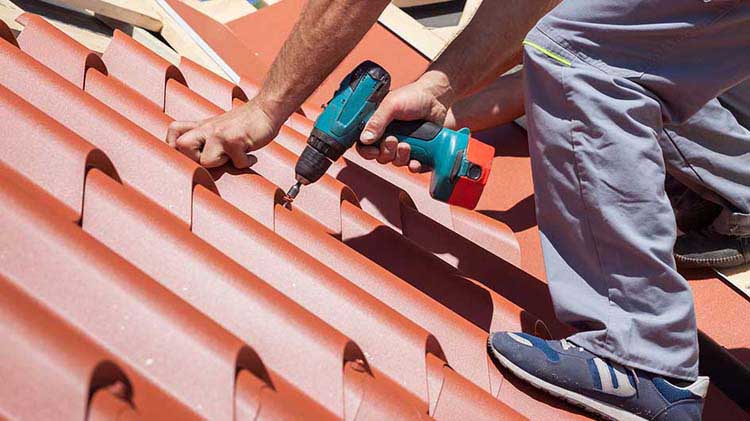What is an impact-resistant roof?
If you're ready for a new roof, now's a great time to upgrade to sturdier materials to create an impact-resistant roof that may save you time, money and hassle down the road.
Just how durable is your roof? That depends on the type of roofing products used in its construction. One type of roofing product — impact-resistant shingles, which are sometimes called hail-resistant shingles — can give you a stronger, safer, more durable roof. An impact-resistant roof may also reduce your risk of hail, wind and interior water damage from a storm, especially if you live in an area where hail and wind put roofs to the test. You might even qualify for a discount on your homeowners insurance premiums when you upgrade.
What are impact-resistant roofing materials?
Impact-resistant shingles and other roofing materials are designed to resist damage from hail and flying debris — things that might damage ordinary shingles. Shingles on an impact-resistant roof are designed to withstand high winds and hail damage.
Hailstorms are particularly hard on roofs — hailstones can form up to five inches or more in diameter, and pelt your roof at speeds of 90 miles an hour or more. According to claims data, State Farm paid $2.9 billion for homeowner hail claims in 2022.
According to the Insurance Institute for Business and Home Safety (IBHS), most roofs have an average life span of 20 years. However, roofs in areas that experience a lot of hail may need to be replaced every 7 to 10 years. The IBHS is one of the organizations — including State Farm®, which has an in-house laboratory in Bloomington, Illinois — whose researchers have devoted years to field and lab research studying hail and testing the materials designed to handle it. The IBHS has a rating system for impact-resistant shingles that includes reviews of denting, tears and granule loss.
You can choose impact-resistant shingles such as asphalt or a metal roofing material in a variety of popular styles. Impact-resistant shingles resembling wood or slate that are made of concrete, plastic, recycled resin or rubber are also available in multiple colors.
How are impact-resistant roofing materials rated?
Two companies — Underwriters Laboratories (UL) and FM Approvals — are typically used to rate the impact resistance of roofing materials.
In UL testing, steel balls of different sizes are dropped from varying heights onto newly manufactured roof coverings.1 In FM Approvals testing, premolded ice balls in various sizes are launched onto newly manufactured material.
A specimen passes when it withstands two tests with no evidence of damage such as cracking, splitting or breaking. Qualifying coverings are then graded from 1 to 4, with Class 4 shingles as the highest.
Are impact-resistant shingles worth it?
While impact-resistant products may cost more than traditional shingles, you could save over the long run when you consider the reduced likelihood for roof and home damage — especially if you live in a hail-prone area. After a significant storm, a stronger roof may help spare you the cost of replacement materials and labor for repairs.
In some states, you may also qualify for discounts on your home insurance premiums by using qualifying impact-resistant roofing products. Check to see if your state is included for the roofing discount based on products used.
Reasons to consider impact-resistant roofing options
- Better resistance to impact from hail and flying debris than non-impact-resistant products.
- Protection against fire — many products are Class A fire rated.
- You may be eligible for an annual discount on your homeowners premium,2 especially if your current roof is made of wood shingles.3
- If you sell your home, the new owner may be eligible for a homeowners insurance discount, which can be a good selling point.
- Less impact on the environment since fewer roofs will be damaged during a storm.
To learn more about impact-resistant roofing materials, contact a State Farm agent today.




